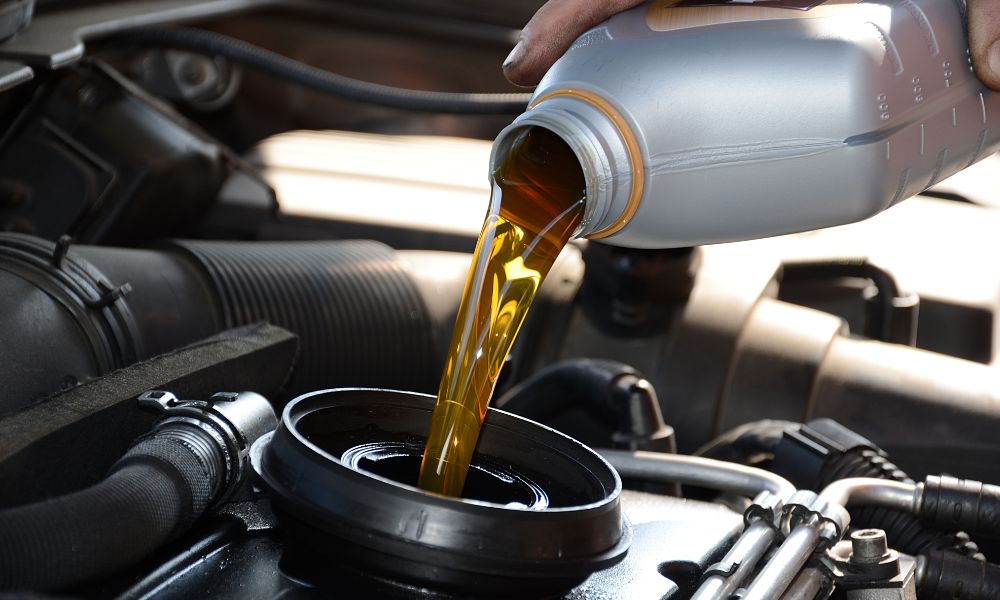The allure of novel features and improvements often supersedes the necessity for routine vehicle maintenance among numerous automobile owners. Conversely, regular oil changes are crucial for maintaining the durability and optimal functioning of your vehicle. While some individuals may perceive the initial cost of these modifications as unnecessary, neglecting them could lead to severe engine problems that may incur substantial repair expenses. This article will analyze the economic advantages of adhering to a regular oil change schedule for your vehicle, juxtaposed with the potential financial drawbacks associated with neglecting this essential maintenance task.
The Financial Implications of Oil Changes
The cost of a standard oil change typically ranges from $30 to $100, influenced by factors such as geographical location, type of oil utilized, and the service provider selected. The expense associated with engine protection is minimal, rendering it a negligible cost. This is where you should choose the best auto repair shop in Bismark, ND now. The presence of sludge accumulation and elevated temperatures can adversely affect engine performance; therefore, it is essential to maintain the system with a sufficient supply of fresh oil. Regular oil changes play a crucial role in prolonging the lifespan of your vehicle and enhancing fuel efficiency, ultimately leading to cost savings on maintenance and fuel expenditures.
The Potential Cost of Major Engine Repairs
Nonetheless, significant engine repairs may incur expenses ranging from $2,500 to $10,000. This expense may arise from engine seizure resulting from improper lubrication or contaminated oil damaging essential components. Numerous vehicle owners face the dilemma of whether to undertake significant repairs or invest in a new automobile, as the expenses associated with these repairs may exceed the vehicle’s overall value. When confronted with a decision regarding auto repair, it is important to consider that preventive maintenance, including routine oil changes, is significantly more economical and can aid in circumventing expensive repairs.
Evaluating Sustained Benefits
A cost-benefit analysis indicates that regular oil changes justify the initial expenses. Ensuring optimal engine function enhances performance and elevates the resale value of your vehicle, as prospective buyers favor well-documented maintenance records. Adhering to prescribed oil change intervals can significantly enhance the longevity and reliability of vehicles, thereby validating the minimal expenditure associated with routine maintenance.
Data and Empirical Illustrations
Additionally, a study conducted by the Car Care Council revealed that vehicles lacking proper maintenance are likely to experience significant malfunctions much earlier, whereas those adhering to a consistent maintenance schedule typically achieve an average lifespan of 200,000 miles. The data presented clearly illustrates the financial rationale: regular oil changes constitute a significant investment in the longevity and optimal functioning of your vehicle.
Final Analysis
In summary, while routine oil changes may seem like a minor expense within the broader scope of vehicle ownership, they can ultimately lead to significant financial savings for car owners over an extended period. Implementing preventative maintenance can mitigate the financial repercussions associated with overlooking essential engine repairs.
You may also like
-
Silence the Sunroof: Restoring Peace to Your Drive
-
Discover the Importance of Silent Generators for Camping and Explore the Jackery Solar Generator 1000 v2
-
Auto Repair Equipment Financing: Get the Tools You Need to Grow Your Shop
-
Power Window Glass Replacement: A Delicate Process
-
How Technicians Handle Oil Change Malfunctions

